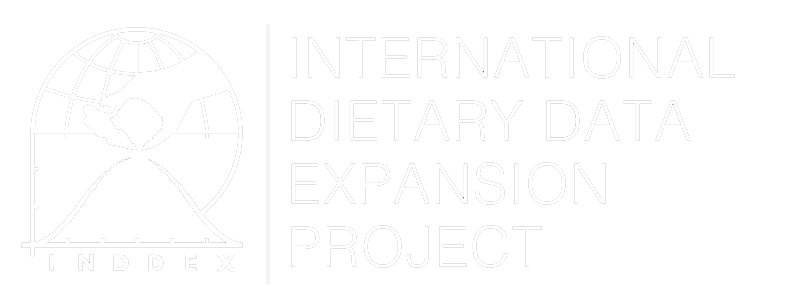
We have compiled the following compendium of educational resources that provide a wide range of information related to the collection of dietary data:
INFOODS e-learning course
The FAO/INFOODS e-Learning Course on Food Composition Data aims to close the knowledge gap on food composition of nutritionists and all those generating, compiling or using food composition data. The course is designed to be primarily used in universities, however can also be used in conjunction withfood composition courses, within institutes for capacity development, or by individuals interested in learning about food composition. This free, interactive course provides the learner with a comprehensive basic knowledge and understanding of essential issues related to food composition.
An interactive 24-hour Recall for Assessing the Adequacy of Iron and Zinc Intakes in Developing Countries
A tool for program planners, experienced health professionals, and nutritionists wishing to measure intakes of iron and zinc and evaluate their adequacy in developing countries. The manual contains step-by- step protocols for training health and nutrition field workers in how to design a dietary protocol and to collect valid data on iron and zinc intakes. Emphasis is given throughout the manual to the importance of collecting the correct type of dietary information to accomplish the purposes of the study.
Household Consumption and Expenditures Surveys (HCES): a primer for food and nutrition analysts in low- and middle-income countries.
This article describes the key characteristics of Household Consumption and Expenditures Surveys (HCES) in order to help familiarize food and nutrition analysts with the strengths and shortcomings of these data and encourage their use in low- and middle-income countries. The authors also identify common characteristics of HCES, their usefulness in addressing major food and nutrition issues, and their limitations.
How can we improve agriculture, food, and nutrition with open data?
This discussion paper, released by the Global Open Data for Agriculture and Nutrition (GODAN) initiative, highlights ways that open data can help solve practical problems in the agriculture and nutrition sectors by (1) enabling more efficient and effective decision making, (2) Fostering innovation from which everyone can benefit, and (3) driving organisational and sector change through transparency. The paper presents a series of 14 use cases showing how open data can be useful in different stages of agriculture, food production and consumption. From managing scarce water resources during the California drought or helping farmers in Africa estimate the outbreak of animal diseases, to helping consumers avoid harmful allergens in their food – open data is becoming a valuable tool for policy-makers, industry, small-scale farmers and consumers alike.
The US National Cancer Institute's Dietary Assessment Primer
The purpose of the Primer is to help researchers determine the best way to assess diet for any study in which estimates of group intakes are required. This can be a challenge because no perfect measure of diet exists. Understanding the key features of self-report instruments and the benefits and drawbacks of potential approaches to collecting and analyzing dietary intake data can help researchers make the best choices given the research question and resources available.
We welcome suggestions for additional resources to be included - please contact us
